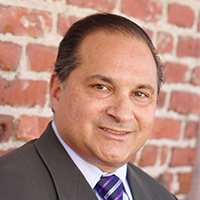Dayton White Collar Crime Lawyer, Nevada
Sponsored Law Firm
-
 x
x

Click For More Info:
-
The Law Offices of Richard L. Cooper, P.A.
848 Brickell Avenue Suite 800 Miami, FL 33131» view mapDWI/DUI, Drug Trafficking, Felony Nationally Ranked Top 40 Under 40
With Richard L. Cooper you can expect a trusted confidant who will work diligently to fully understand your case and determine a road map to help you regain control of your life.
800-756-2781
Not enough matches for Dayton White Collar Crime lawyer.
Below are all Dayton Criminal lawyers.
Richard A. Salvatore
✓ VERIFIEDIn 1992, I received my law degree from Thomas M. Cooley Law School in Lansing, Michigan. In 1996, I went on to receive a Masters of Law in Trial Advoc... (more)
David A. Hornbeck
✓ VERIFIEDDavid A. Hornbeck has over 35 years of experience as a lawyer. David Hornbeck is a practicing lawyer in the state of Nevada. Mr. Hornbeck received hi... (more)
David C. O'Mara
✓ VERIFIEDDavid C. O’Mara’s practice is concentrated in appellate advocacy, bankruptcy, family law, personal injury, civil litigation, and securities and sh... (more)
Sean A. Neahusan
✓ VERIFIEDI work as a general practice attorney, although my biggest strength is in criminal defense (especially DUI defense). I’m based in Reno, NV and serv... (more)
Jenny Hubach
✓ VERIFIEDIn Jenny Hubach’s 26 years of legal experience, she has represented thousands of criminal defendants in cases from Capital Murder through trucker tr... (more)

 Richard L. Cooper Miami, FL
Richard L. Cooper Miami, FL AboutMiami Attorney at Law
AboutMiami Attorney at Law ServicesCriminal Defense
ServicesCriminal Defense





